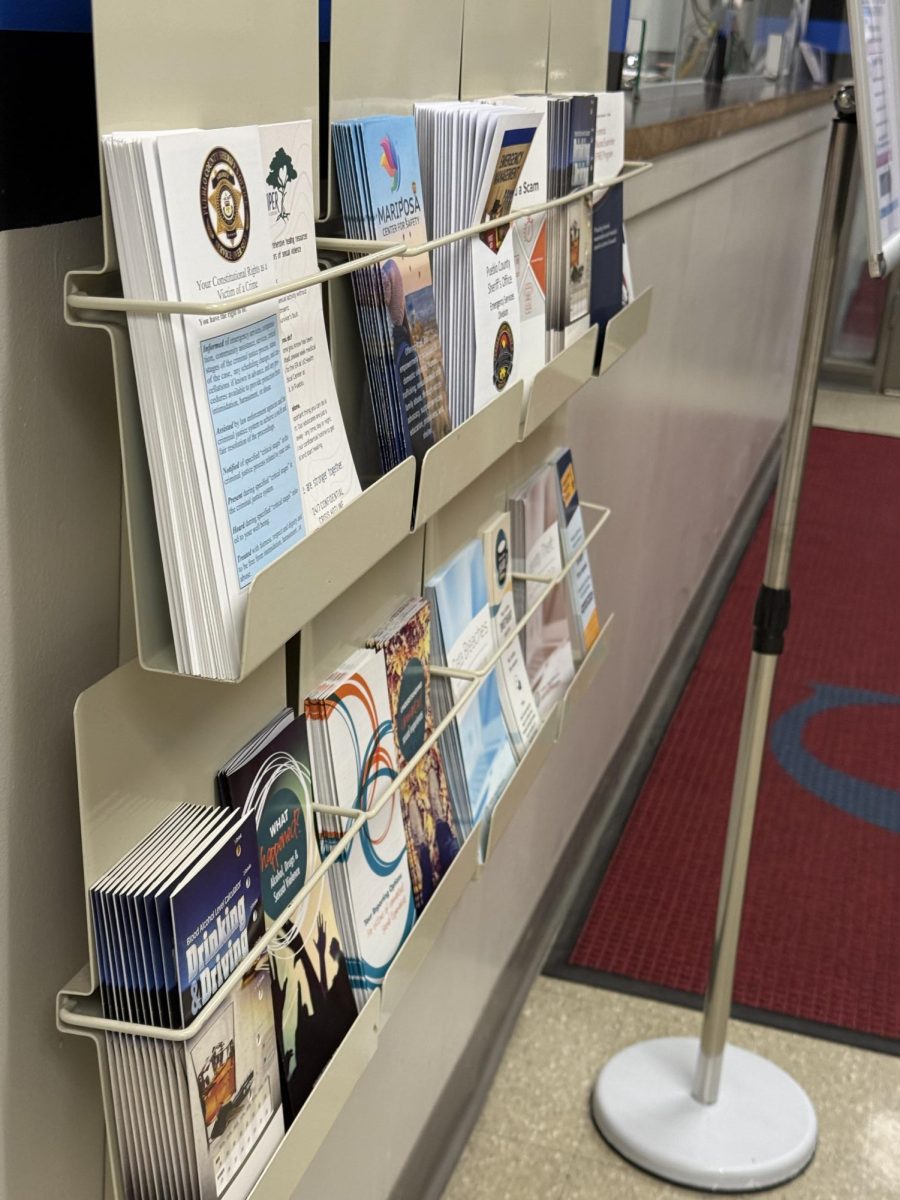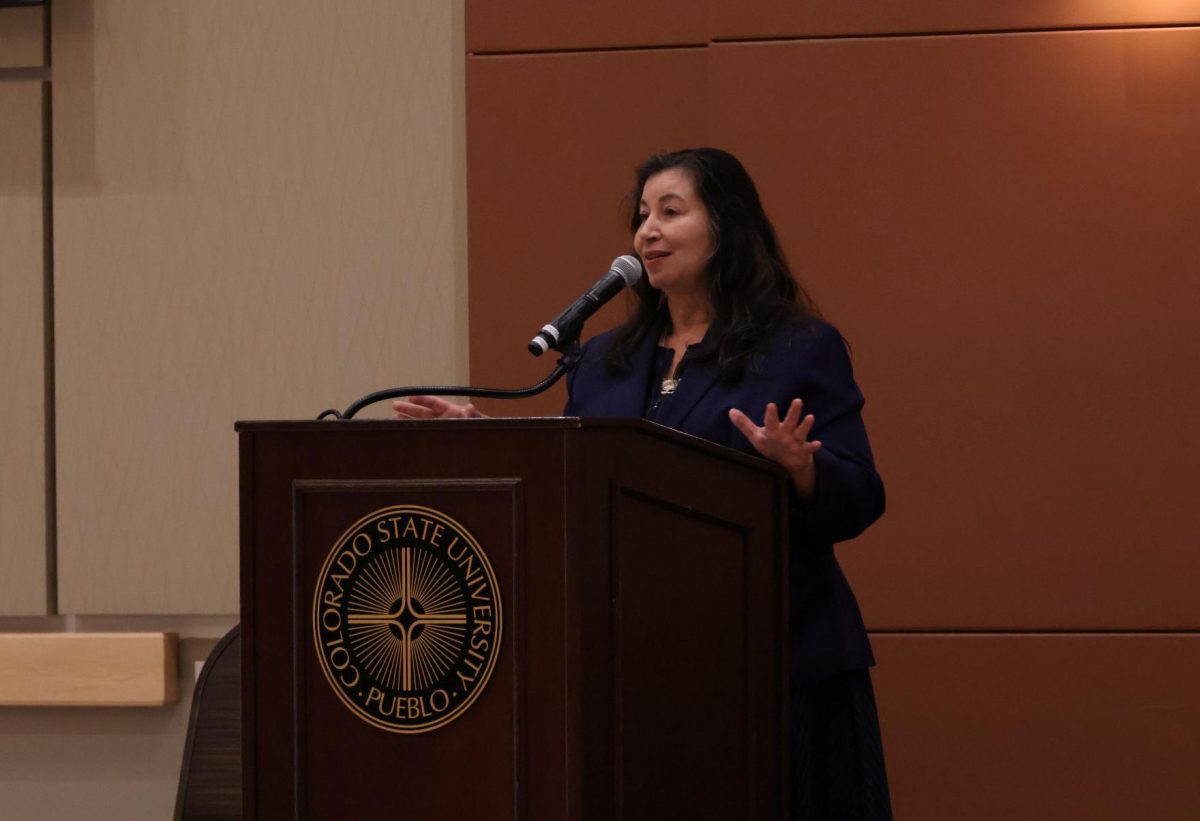
The dream for the Institute of Cannabis Research is still alive.
President Lesley Di Mare announced at a meeting April 13 that the university is still moving forward with plans to establish a marijuana research facility on-campus, dispelling numerous rumors that the idea had been squashed.
“We should be getting the 1 million soon,” said Di Mare, referring to the amount of money that the college is requesting from the state.
Rick Kreminski, provost and Executive Vice President for Academic Affairs, also appeared hopeful. He revealed that the Colorado General Assembly Joint Budget Committee, the six legislators responsible for the state budget, unanimously supported the proposal.
The university is also expecting another $300,000 from marijuana sales in Pueblo County, which will also be allotted toward research.
However, the plan is in its beginning stages, and a bill has yet to be introduced to the state, much less voted upon or signed into action. If written, the bill would not only encompass CSU-Pueblo’s proposal, but other requests regarding marijuana as well.
Still, an approved plan would result in plenty of possibilities for the school. As one of the few state-funded institutions to study marijuana, CSU-Pueblo would be able to provide endless research opportunities for its students and professors while accumulating revenue.
The university would conduct studies on the social and economic impact of the drug, examine buffer zones between THC and regular hemp, and study power and water usage at marijuana growth facilities, to name a few.
The university also wants to welcome research from different fields, from business to psychology to engineering.
But despite the positive aspects, there are some who oppose the research, feeling it is not appropriate for a university setting.
Karl Spiecker, Vice President for Finance and Administration, who was also present at Wednesday’s meeting, stressed the distinction between research and CSU-Pueblo’s view on cannabis. He said that the school is not necessarily pro-marijuana.
“We are pro-research,” Spiecker said. He explained that the school is in no way promoting the use of the drug.









